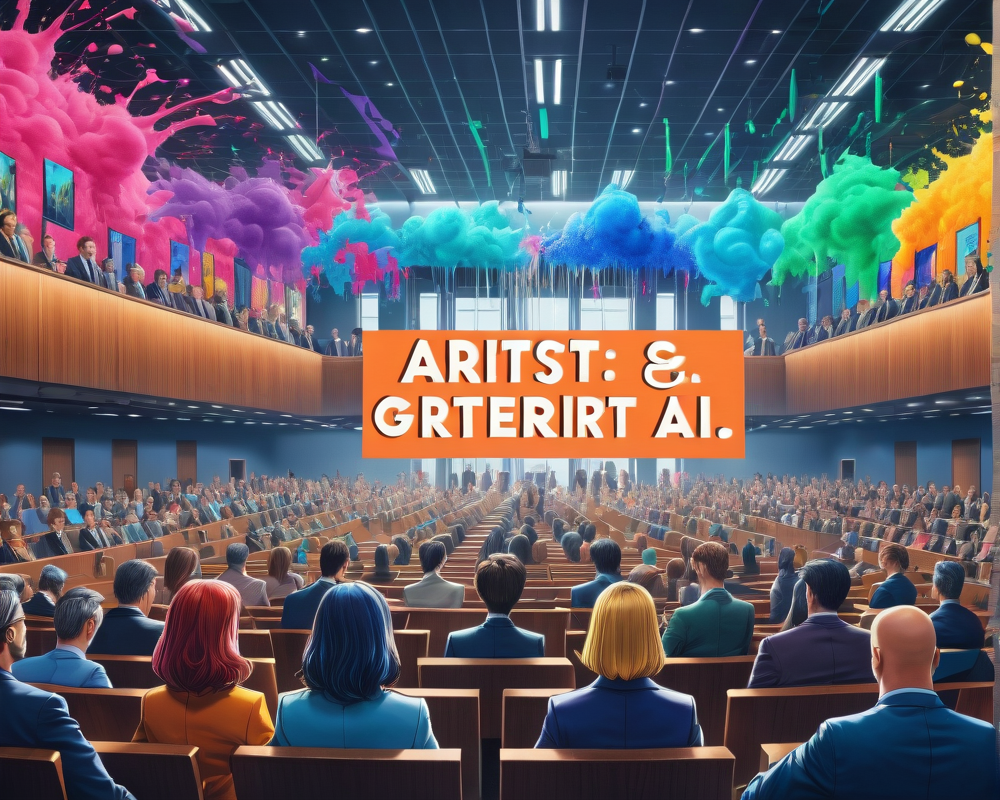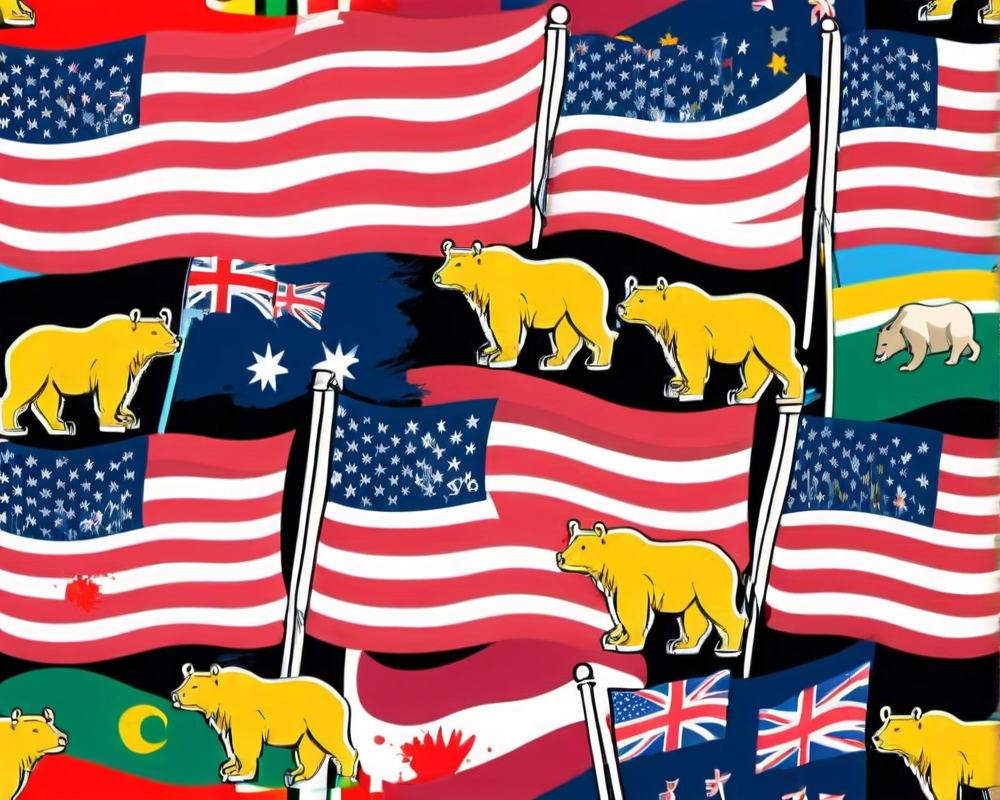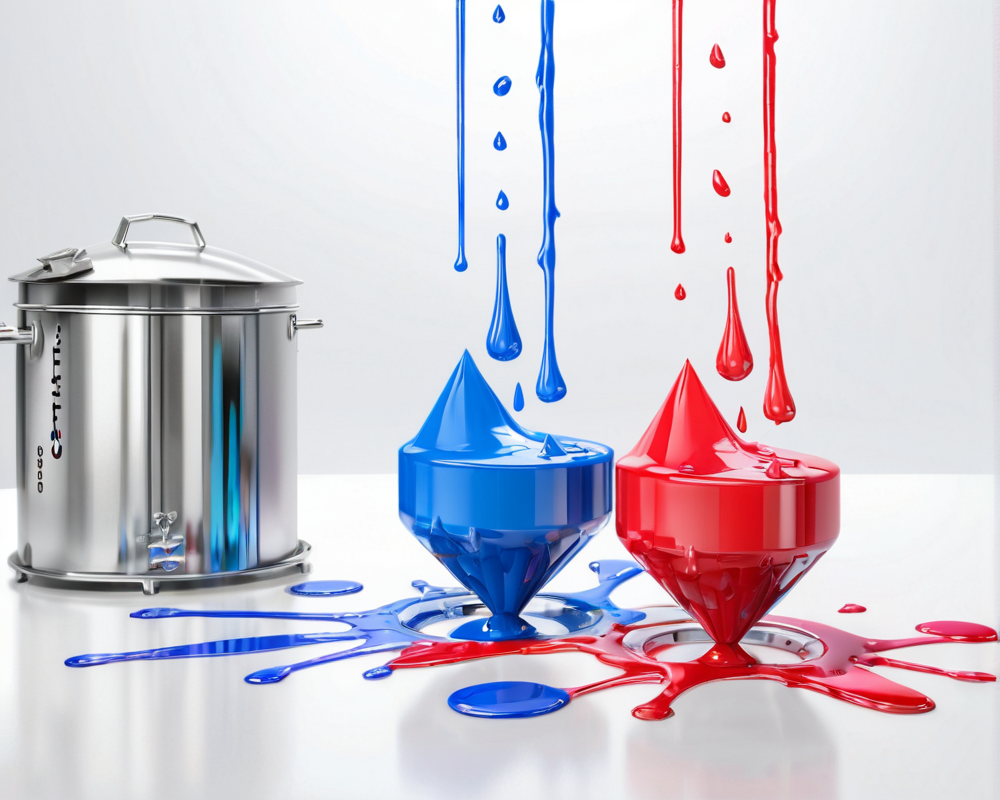A Setback for Artists
In a striking turn of events, artists advocating for their copyright protections against generative artificial intelligence (AI) firms have taken a hit. A class-action lawsuit aimed at companies like Midjourney, DeviantArt, and Stability AI was dismissed by a U.S. District Court Judge for California, William Orrick, who cited insufficient evidence in his ruling.
Judge’s Ruling: What Went Down
On October 30th, Judge Orrick declared the copyright infringement suit as “defective in numerous respects,” which sounds a lot like you flunking an exam because you forgot to show your work. While he tossed out most of the claims, he did allow one specific copyright claim against Stability AI to survive, giving the class 30 days to potentially spruce up their case with more evidence.
Uncertain Landscape for AI and Copyrights
In his ruling, Orrick noted that determining whether the alleged copyright infringements occurred during the training phase of Stability’s software, Stable Diffusion, isn’t a simple matter to resolve. “Even Stability recognizes that determination of the truth of these allegations… cannot be resolved at this juncture,” he wrote. Basically, it’s a complex issue that requires more digging and proof.
The Allegations: An Artistic Dilemma
The lawsuit, originally launched in January, puts forth some hefty claims. It accused Stability’s AI model of scraping billions of copyrighted images to train itself, which included works by the artists affected. DeviantArt’s role in the mix was no picnic either, as it allegedly incorporated Stable Diffusion in a way that violated its own terms of service by potentially copying millions of images without obtaining proper licenses. Talk about being a bad houseguest!
Implications for the Future of AI and Copyright
Orrick pointed out an essential issue: AI-generated images are unlikely to infringe on the artists’ copyrights unless it can be proven that these images resemble the original works. In other words, unless the AI is remixing someone’s exact style like a DJ at a party, the courts are hesitant to side with the artists. Moreover, many claims were dismissed because the works in question weren’t registered with the Copyright Office, a requirement that feels like the ultimate gatekeeping in the art world.
What Lies Ahead
This dismissal isn’t just an isolated incident. It’s part of a broader legal current where various entities, including the Author’s Guild and Universal Music Group, have filed similar copyright infringement actions against AI firms. This saga raises significant questions about the future legal landscape for both artists and AI creators. Will artists adapt, or will we see an uptick in court drama worthy of a Netflix series?




